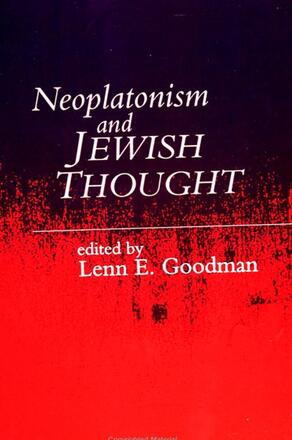
Neoplatonism and Jewish Thought
Alternative formats available from:
Description
This book deals primarily with the problem of the one and the many. The problems of creation, of evil, of revelation, and of ethics are all treated as special cases of the general problem of relating the finite to the infinite, the many to the one. The authors focus on the unifying theme of mediation, the means by which the Absolute relates to the here and now. The principal figures studied include Philo, Plotinus, Iamblichus, Isaac Israeli, Avicenna, Ibn Gabirol, Al-Ghazâlî, Abraham Ibn Daud, Maimonides, Averroes, Albertus Magnus, Aquinas, Gersonides, Nahmanides, Ibn Falaquera, Narboni, Albalag, Leone Ebreo (Judah Abarbanel), and Spinoza, as well as such Kabbalistic thinkers as Bahir, Cordovero, Luria, Moses de Leon, Ya'akov ben Sheshet, Isaac the Blind, Menahem Renanti, Shem Tov ben Shem Tov, Azriel of Gerona, Alemanno, Luzzato, Cordovero, and Abraham Herrera.
The authors include David Winston, John Dillon, Carl Mathis, Bernard McGinn, Arthur Hyman, Alfred Ivry, Lenn E. Goodman, Menachem Kellner, David Burrell, Idit Dobbs-Weinstein, David Bleich, Seymour Feldman, Steven Katz, Moshe Idel, David Novak, Hubert Dethier, Richard Popkin, and Robert McLaren. Taken together, these essays offer an impressive historical survey of the ideas, achievements, and philosophic struggles of a group of men who worked to form a unique and durable tradition that bridged the gap between rival confessions and sects—mystics, rationalists, and empiricists; Jews, Christians, and Muslims. This is a philosophic source whose vitality is not yet exhausted.
Lenn E. Goodman is Professor of Philosophy at the University of Hawaii at Manoa.